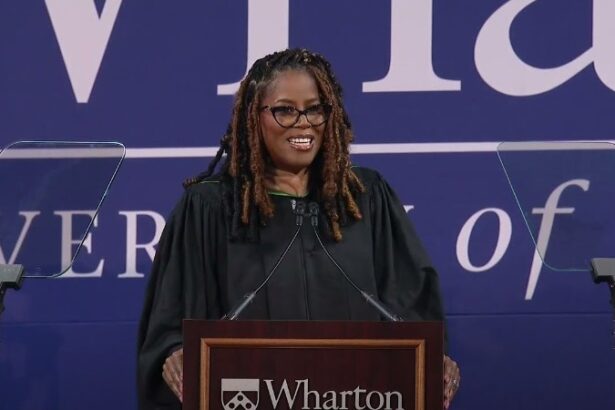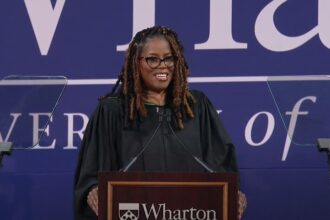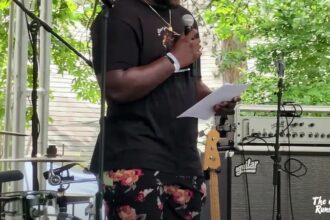Black homeownership in the U.S. saw its biggest jump in 2023, but deep disparities persist. While more Black Americans are buying homes, affordability challenges, mortgage denials, and rising insurance costs continue to hold many back.
Owning a home remains one of the most powerful ways to build generational wealth, yet systemic barriers make it harder for Black families to achieve and sustain homeownership. This issue doesn’t just affect individuals—it impacts the entire Black community, limiting economic mobility and opportunities for future generations.
The progress and the problem
Black homeownership hit 44.7% in 2023, the highest it’s been in years. But that’s still far behind White homeownership at 72.4%. The gap isn’t just sticking around—it’s growing. A decade ago, the difference was 27 percentage points; now, it’s 28.
Affording a home is tough for many, but Black renters face even steeper challenges. Nearly half of all renters in the U.S. spend more than 30% of their income on rent, making it hard to save for a down payment. And even when Black buyers apply for mortgages, they’re denied at nearly double the rate of White applicants—often due to credit history and debt-to-income ratios.
Once in a home, costs don’t stop rising. Homeowners’ insurance has shot up 53% over the past decade, hitting Black homeowners the hardest. The median insurance cost for Black homeowners in 2023 was $1,360—higher than any other racial group.
Breaking barriers to homeownership
Building wealth through homeownership requires strategic moves. Improving credit scores, reducing debt, and exploring homebuyer assistance programs can increase mortgage approval chances. Black entrepreneurs and community leaders can also play a role by investing in real estate cooperatives, creating homeownership funds, and supporting Black-led financial institutions that prioritize fair lending practices.
Key Takeaways
Impact – The increasing costs of homeownership and persistent mortgage obstacles make it more challenging for Black families to create generational wealth. The homeownership gap continues to grow, keeping many locked out of economic stability and limiting opportunities for the Black community.
Action – Black buyers should explore first-time homebuyer assistance programs, down payment grants, and credit-building strategies. Partnering with Black realtors and lenders who understand these challenges can also help navigate the process.
Empowerment – By advocating for fair housing policies, supporting Black entrepreneurs in real estate, and creating community-driven homeownership initiatives, we can take control of our financial futures and close the gap.








